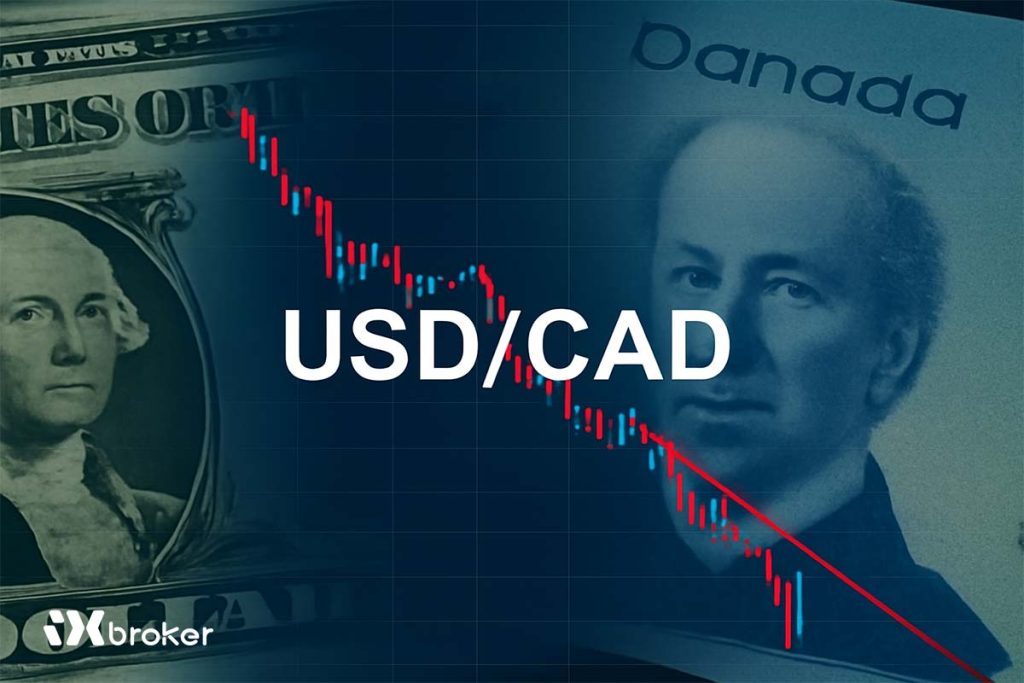Elon Musk calls Trump’s tax law “insane” and warns it favors the wealthy and outdated industries, threatening the future of clean energy and the U.S. economy.
Elon Musk, CEO of Tesla, has sharply criticized the new tax legislation passed under the Trump administration, calling it detrimental to the U.S. economy and the future of clean energy. This law, which cuts taxes for the wealthy and increases the national debt, has raised significant concerns about social justice and economic competitiveness on the global stage.
Elon Musk’s Perspective on the New Tax Law
Elon Musk, one of the world’s most prominent entrepreneurs and CEO of Tesla, has attracted considerable attention with his harsh criticism of the new tax legislation passed by the U.S. Congress. He describes the law as “insane” and believes its implementation benefits the wealthy while severely harming the economy and America’s global standing. Musk has even threatened on social media to form a new political party if this law is enacted.
Details and Implications of the Tax Law
The new tax law, passed on July 3, 2025, includes tax cuts for the wealthy and fossil fuel industries while eliminating many tax incentives for renewable energy. It continues to roll back the extensive tax credits enacted in 2022 under the Democratic-controlled Congress. This means reduced investment in green technologies and strengthened support for coal, oil, and natural gas sectors.
National Debt Increase and Economic Challenges
A major concern with this legislation is its substantial contribution to the U.S. national debt, which experts estimate will increase by at least $4 trillion. Musk likens this to a credit card addiction, where the government continuously piles on debt instead of reforming its spending and revenues. Such an approach poses long-term economic risks and burdens future generations.
Impact on Tax Fairness and Social Classes
Critics argue that instead of supporting middle- and lower-income Americans, this tax law is designed to favor the wealthy and large corporations. Musk emphasizes that the middle and working classes, which make up a significant portion of American society, will be adversely affected by these tax changes. Additionally, cuts to social assistance programs such as food and medical aid for vulnerable populations are another negative aspect of the law.
The Global Clean Energy Competition and Its Importance
Another critical issue is the outlook for global competition in the energy sector. While China strategically invests heavily in clean energy and emerging technologies, the U.S. tax law takes steps that hinder this industry and bolster fossil fuel sectors. Musk views this approach as highly risky and warns that the U.S. may fall behind in the global race for technology and economic leadership.
Political Consequences and Upcoming Elections
Political analysts believe this law could have serious negative repercussions for the Republican Party in the 2026 midterm elections. The 2018 elections, where Republicans lost control of the House of Representatives, showed that unfair tax policies and neglect of the middle and lower classes can trigger widespread public dissatisfaction. Musk’s threat to form a new party underscores the deep divisions surrounding this legislation.
Conclusion
Ultimately, Elon Musk’s criticism of Trump’s tax law goes beyond a mere political dispute. It reflects deep economic, social, and strategic concerns that will shape the future of the U.S. economy and its position in the world. The key question remains: can America pursue sustainable growth and compete in the clean energy sector, or will it continue policies that benefit the past and the wealthy over the future and social justice?



